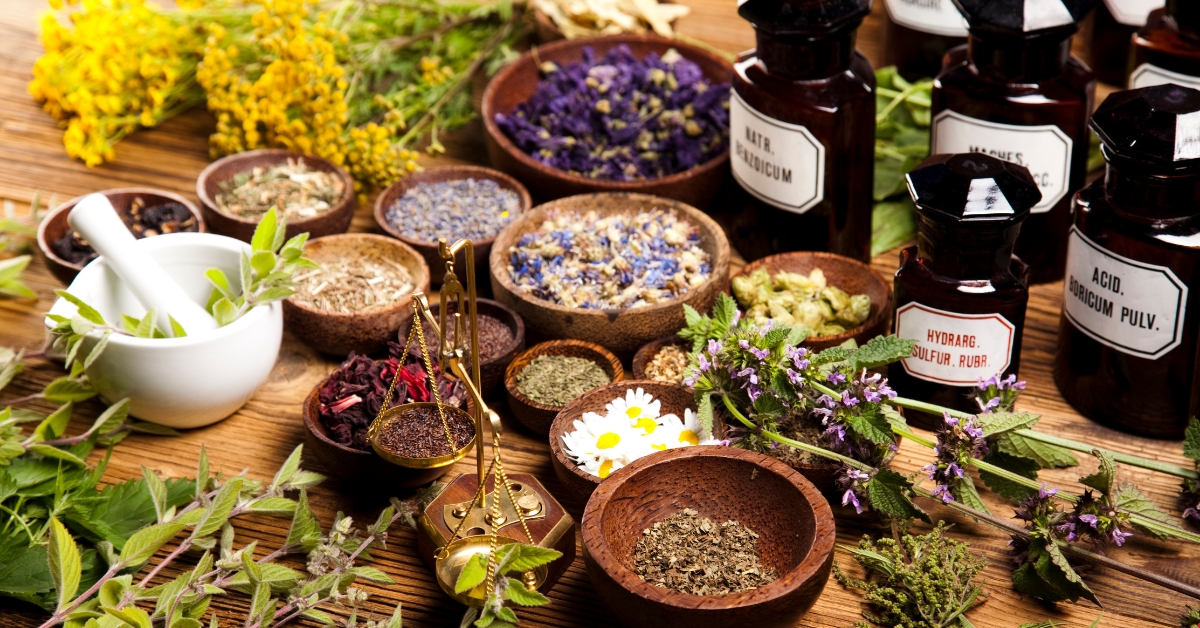Anxiety disorders are common, affecting millions worldwide, but not everyone prefers or can tolerate pharmaceutical treatments. Anti-anxiety medications, such as benzodiazepines and selective serotonin reuptake inhibitors (SSRIs), are often prescribed to alleviate symptoms, but they may come with side effects or the risk of dependence. As a result, many individuals are exploring natural alternatives for managing anxiety. This article highlights natural approaches, from lifestyle changes to herbal remedies, that can help reduce anxiety symptoms safely and effectively.
Lifestyle Changes for Managing Anxiety Naturally
1. Exercise Regularly
Physical activity is one of the most effective ways to manage anxiety. Exercise increases the production of endorphins, the body’s natural mood boosters, while reducing stress hormones like cortisol.
How It Helps:
- Reduces tension in the body.
- Enhances overall mood and promotes relaxation.
- Improves sleep quality, which is often affected by anxiety.
Recommended Activities:
- Aerobic exercises like running, swimming, or cycling.
- Mind-body exercises such as yoga or Pilates.
2. Practice Mindfulness and Meditation
Mindfulness and meditation are popular techniques used to promote relaxation and manage anxiety. These practices encourage individuals to focus on the present moment, helping to break the cycle of anxious thoughts.
Benefits of Mindfulness and Meditation:
- Reduces the intensity of anxiety symptoms.
- Improves emotional regulation.
- Enhances the ability to cope with stressful situations.
Tip:
Try deep breathing exercises or progressive muscle relaxation as part of your mindfulness routine to alleviate physical tension and promote mental clarity.
3. Improve Sleep Hygiene
Sleep disturbances are common in individuals with anxiety. Poor sleep can exacerbate symptoms, making it harder to manage stress and anxiety. Improving sleep hygiene is a key strategy for managing anxiety naturally.
Sleep Tips:
- Stick to a consistent sleep schedule.
- Avoid caffeine and alcohol in the evening.
- Create a relaxing bedtime routine, such as reading or taking a warm bath.
- Limit screen time before bed to reduce stimulation.
Herbal Remedies for Anxiety
1. Valerian Root
Valerian root is a well-known herb often used for its calming effects. It has been traditionally used to reduce anxiety and improve sleep quality.
How It Works:
Valerian root is believed to increase GABA (gamma-aminobutyric acid) levels in the brain, which helps induce relaxation and reduces nervous tension.
Usage:
Valerian root can be taken in capsule form, as a tincture, or brewed into a tea. However, it may cause drowsiness, so it is best used in the evening.
2. Chamomile
Chamomile is widely known for its relaxing properties, particularly when used as a tea. This herb has mild sedative effects that can help alleviate stress and anxiety.
How It Helps:
Chamomile contains antioxidants like apigenin, which bind to receptors in the brain, promoting a sense of calm and relaxation.
Tip:
Drink a warm cup of chamomile tea before bed to reduce anxiety and improve sleep.
3. Lavender
Lavender another popular herb used for its calming effects on the body and mind. Studies show that lavender oil can help reduce anxiety and improve mood, making it a common remedy in aromatherapy.
How It Works:
Lavender promotes relaxation through its pleasant scent, which can influence the limbic system, the part of the brain involved in emotions and memory.
Ways to Use Lavender:
- Use lavender essential oil in a diffuser.
- Add a few drops of lavender oil to a warm bath.
- Apply diluted lavender oil to your temples or wrists.
Nutritional Supplements for Anxiety Relief
1. Magnesium
Magnesium is an essential mineral that plays a vital role in brain function and mood regulation. Deficiency in magnesium has been linked to increased anxiety.
How It Helps:
Magnesium helps regulate the body’s stress response by supporting the production of neurotransmitters that promote relaxation.
Sources:
- Leafy green vegetables (spinach, kale).
- Nuts and seeds (almonds, pumpkin seeds).
- Magnesium supplements (available in various forms like magnesium citrate or magnesium glycinate).
2. Omega-3 Fatty Acids
Omega-3 fatty acids, commonly found in fish oil, known for their anti-inflammatory properties and their positive effects on brain health. Research has shown that omega-3s can help reduce anxiety symptoms.
How It Works:
Omega-3s influence brain function by reducing inflammation and regulating neurotransmitter systems, which help control anxiety.
Sources:
- Fatty fish (salmon, sardines, mackerel).
- Walnuts, flaxseeds, and chia seeds.
- Omega-3 supplements.
3. Ashwagandha
Ashwagandha, an adaptogenic herb, has been shown to help the body adapt to stress and reduce anxiety levels. It is particularly helpful in balancing cortisol levels, the hormone responsible for stress.
How It Works:
By regulating cortisol, ashwagandha helps the body manage stress and anxiety more effectively, supporting a calmer mood.
Usage:
Ashwagandha is available in capsule, powder, or tincture form. It can taken in the morning or evening, depending on personal preference.
Other Holistic Practices for Managing Anxiety
1. Acupuncture
Acupuncture, a traditional Chinese medicine practice, involves inserting fine needles into specific points on the body. Some studies suggest that acupuncture can help reduce anxiety by stimulating the release of neurotransmitters like serotonin.
2. Aromatherapy
Aromatherapy uses essential oils such as lavender, bergamot, and sandalwood to promote relaxation and reduce anxiety. Simply inhaling the scent of these oils can have a calming effect on the mind.
3. Journaling and Cognitive Behavioral Techniques
Journaling can help individuals process their emotions and reduce anxiety by providing an outlet for thoughts and feelings. Cognitive Behavioral Therapy (CBT) techniques, such as reframing negative thoughts, can also practiced independently to manage anxiety.
Conclusion
Natural alternatives to anti-anxiety medications offer a variety of approaches to managing anxiety without relying on pharmaceuticals. From lifestyle changes like exercise and improved sleep hygiene to herbal remedies, nutritional supplements, and holistic practices, there are many ways to reduce anxiety symptoms naturally.
As always, it’s important to discuss any new treatment options with a healthcare provider, especially if you are already taking medications or have underlying health conditions. By combining natural remedies with professional guidance, individuals can find effective and sustainable ways to manage anxiety.


